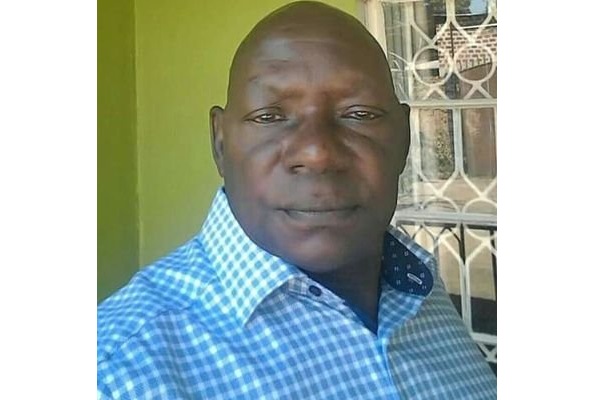By Baluye Michael Waiswa
President Yoweri Kaguta Museveni has launched several programs aimed at improving the livelihoods and household incomes of Ugandans. These initiatives are designed to boost economic independence, reduce poverty, and promote sustainable wealth creation.
The Entandikwa program, launched in 1999, was aimed at providing small-scale credit to individuals in rural areas to encourage self-employment. It primarily targeted women and youth, offering low-interest loans to support income-generating activities.
The Operation Wealth Creation program, introduced in 2013, focused on increasing agricultural productivity and supporting small businesses. The program sought to improve productivity in agriculture, livestock, and rural industries, ensuring that farmers had access to inputs, markets, and credit.
The Emyooga program, which began in 2019, targeted specific vocational groups such as tailors, carpenters, and boda-boda riders. It provided financial support to these groups, fostering income generation, communal savings, and financial literacy.
The Parish Development Model (PDM), introduced in 2021, aims to fight poverty at the grassroots level by empowering local governments to directly provide resources and services to households, improving infrastructure, agricultural productivity, and access to markets.
Despite the ambitious objectives of these programs, implementation has faced several challenges. Mismanagement and corruption have undermined their success, with resources intended for vulnerable communities often being misused by local officials. There is also a lack of robust monitoring systems to track the progress and impact of these programs, with some beneficiaries reporting that the resources provided either did not reach them or were insufficient.
Additionally, bureaucratic inefficiencies, such as delays in the distribution of resources and poor coordination between central and local governments, have hindered progress. Many recipients also lack the necessary skills and knowledge to use the funds effectively, resulting in poor investment decisions.
However, there have been notable achievements. Programs like Entandikwa and Emyoga have made it easier for small-scale farmers, youth, and women to access credit, helping them expand their businesses and improve household incomes. The Wealth Creation Program has enabled farmers to increase agricultural productivity and improve food security. Emyoga has empowered vocational groups by enhancing their skills and providing capital to grow their businesses.
The PDM has fostered community ownership by involving local governments and citizens in decision-making, contributing to economic development at the grassroots level.
Corruption remains a major obstacle. Many initiatives have been derailed by corrupt practices, such as embezzlement and favouritism in resource allocation. While President Museveni has spoken out against corruption and established institutions like the Directorate of Public Prosecutions (DPP) and the Anti-Corruption Court to address these issues, critics argue that these bodies need more autonomy and resources to effectively combat corruption.
To improve the effectiveness of these programs, stronger monitoring mechanisms are essential. Increased transparency, regular audits, and real-time reporting would ensure that funds are being used properly. In addition, providing recipients with more training in financial management, entrepreneurship, and agricultural practices would help them make better use of the resources provided. Enhancing community involvement in planning and execution, as well as establishing feedback mechanisms, would also improve outcomes.
Finally, stricter enforcement of anti-corruption measures is necessary to ensure that funds reach the intended beneficiaries. Programs should also focus on long-term sustainability by promoting skills training, mentorship, and access to broader markets.
In conclusion, while Uganda has made progress in improving household incomes and reducing poverty through these programs, challenges such as corruption, inefficiency, and inadequate capacity building remain. With better implementation, greater accountability, and a focus on long-term sustainability, these initiatives have the potential to significantly improve the economic well-being of Ugandans.
The writer is ONC Coordinator for Buyende District in the Busoga Subregion
Send us your story or opinion on: dailyexpressug@gmail.com. You can also follow Daily Express on WhatsApp for all the latest news and updates.


